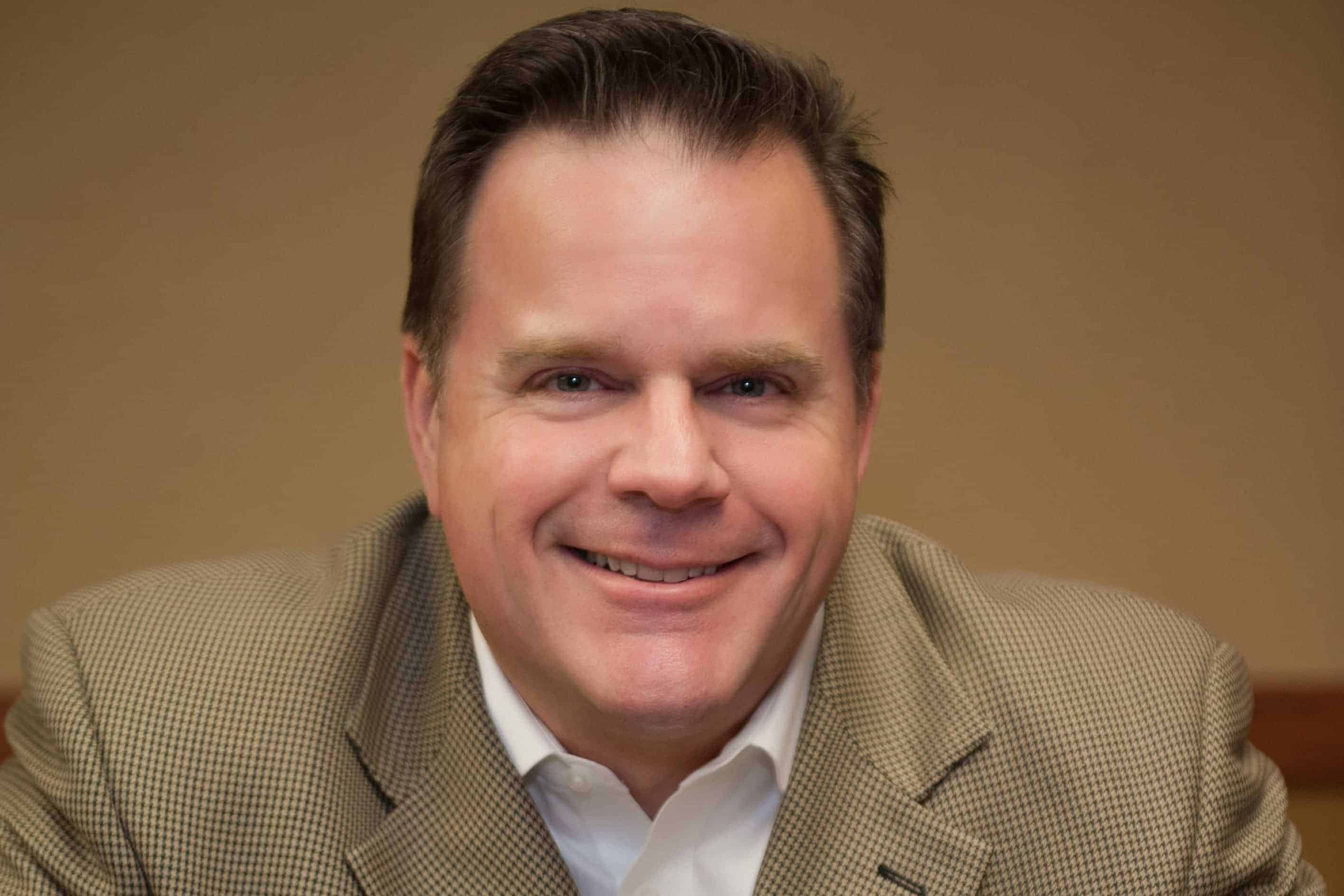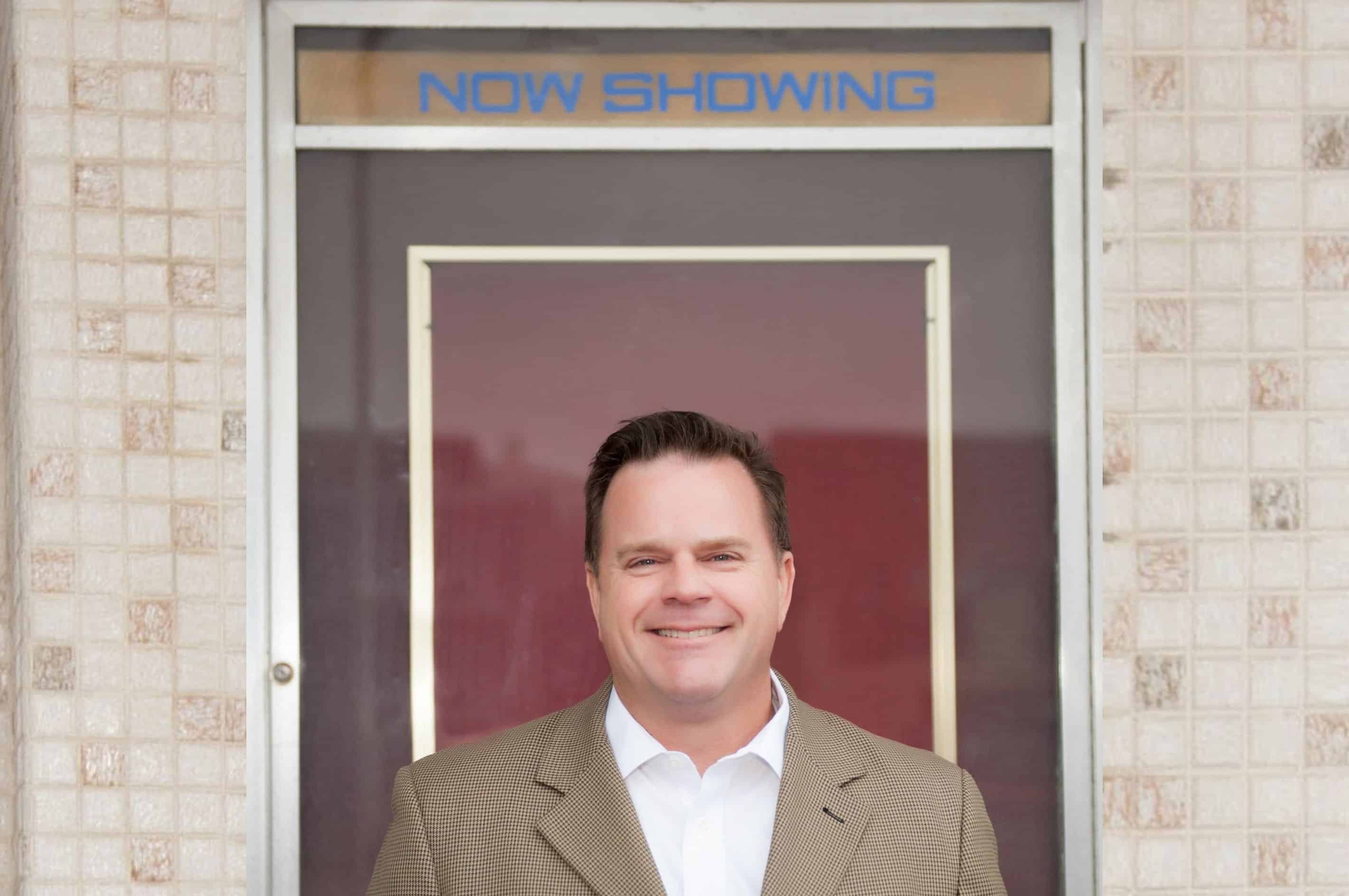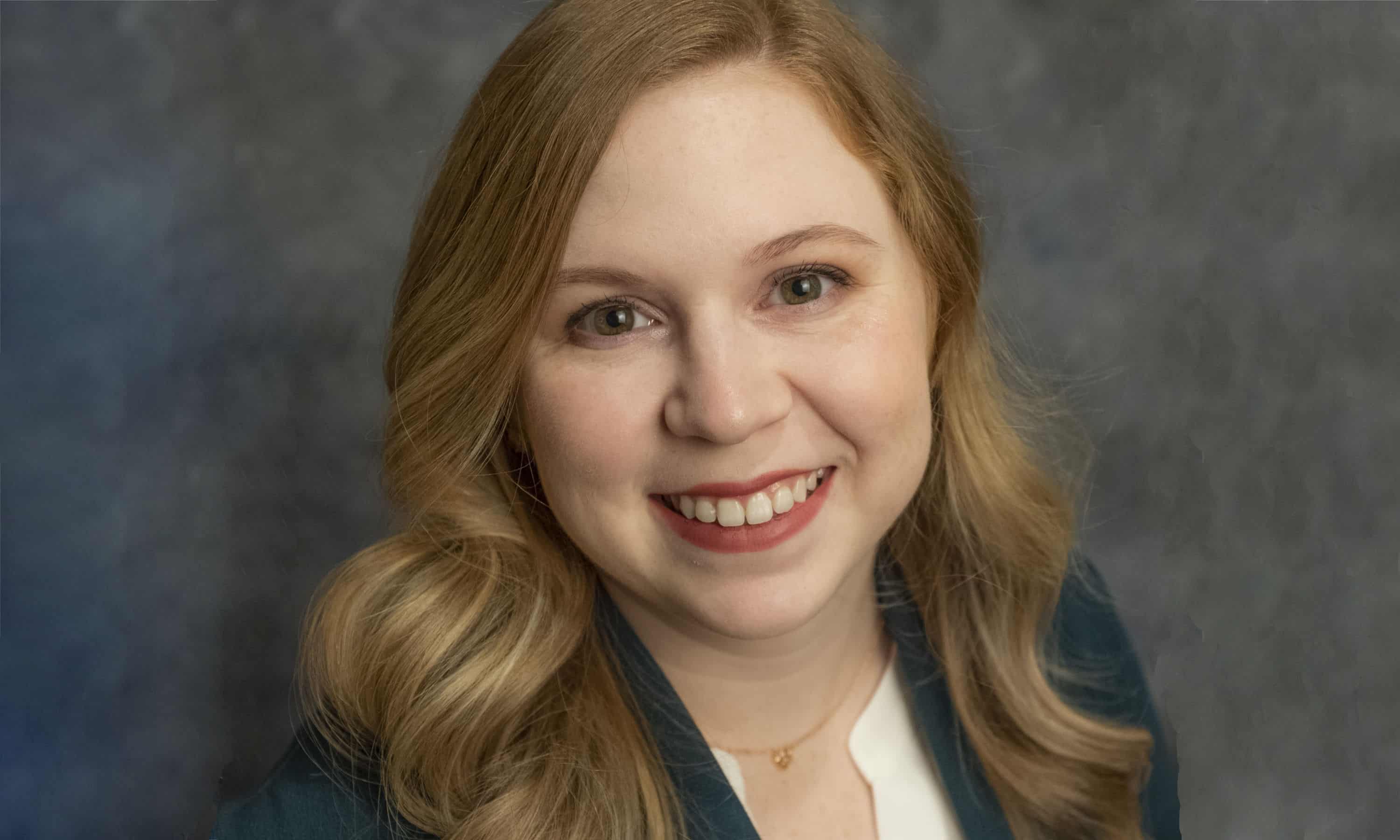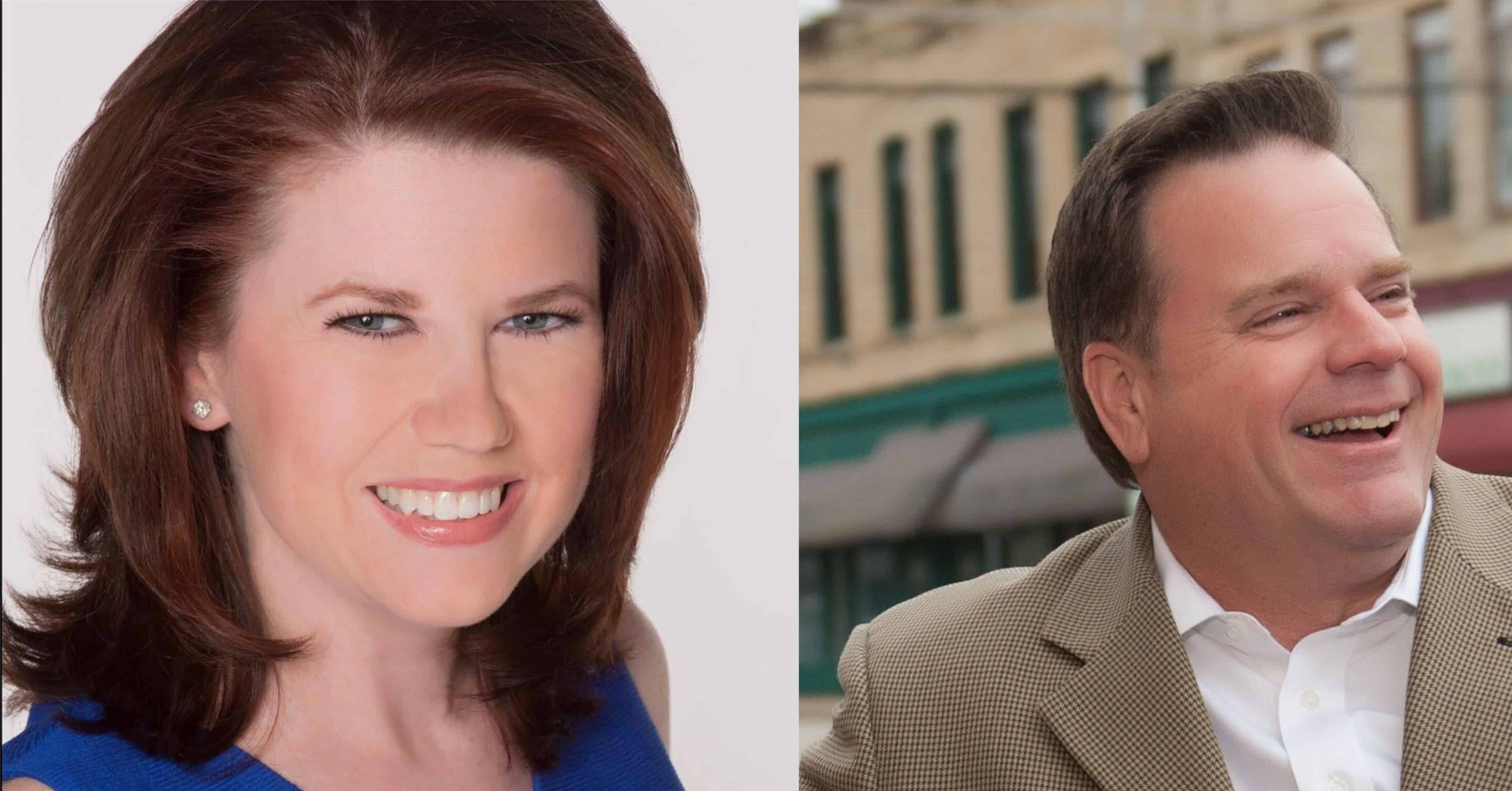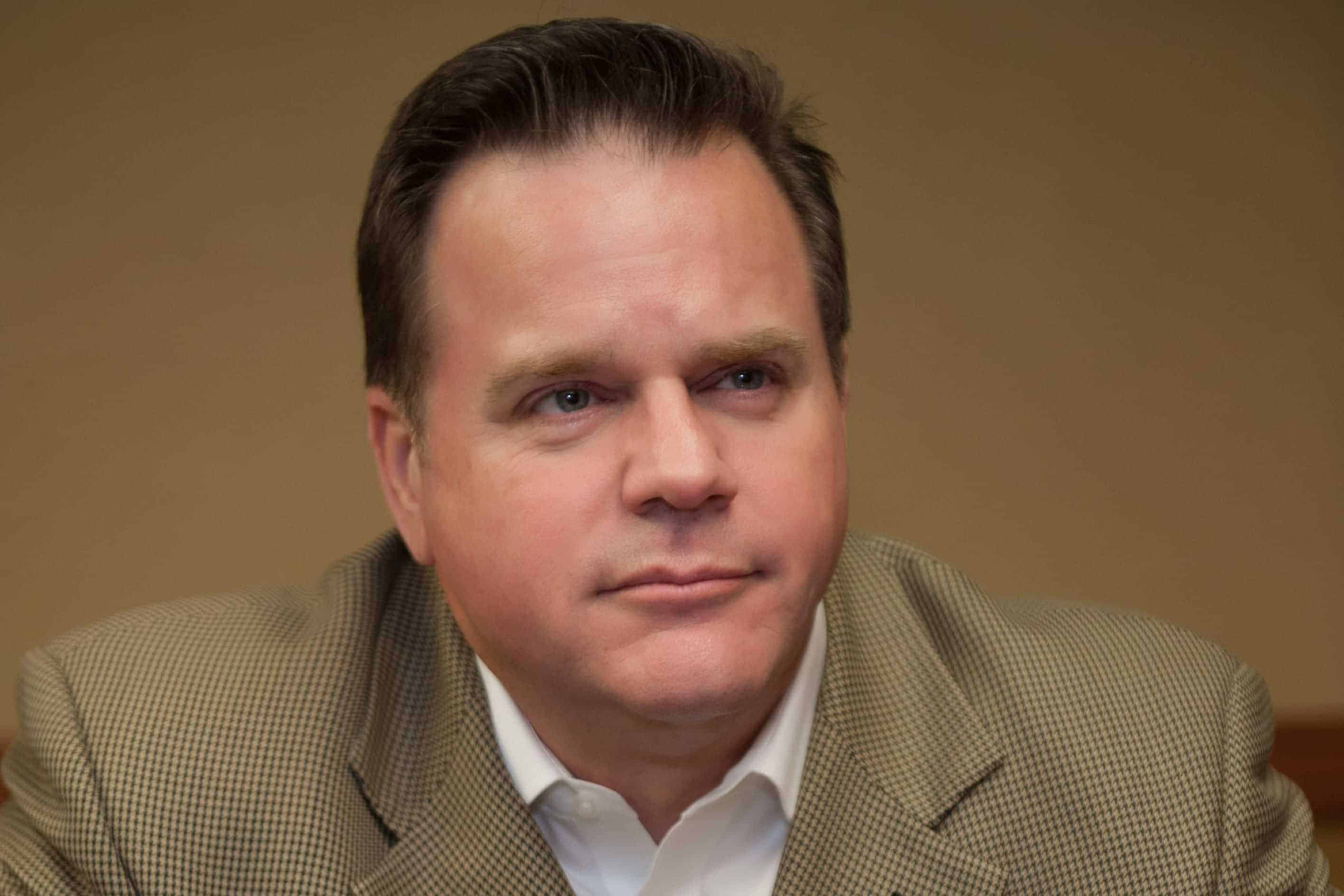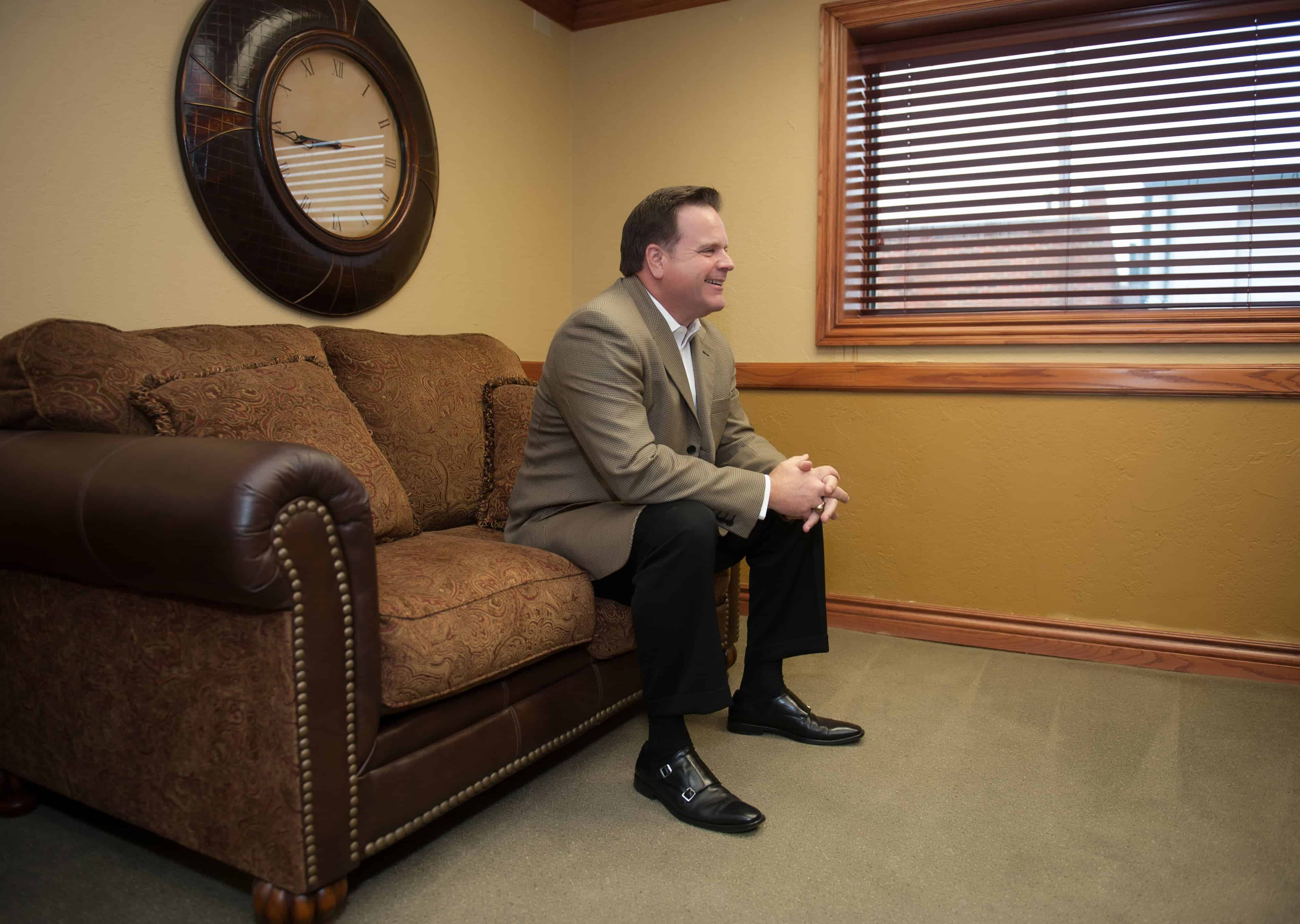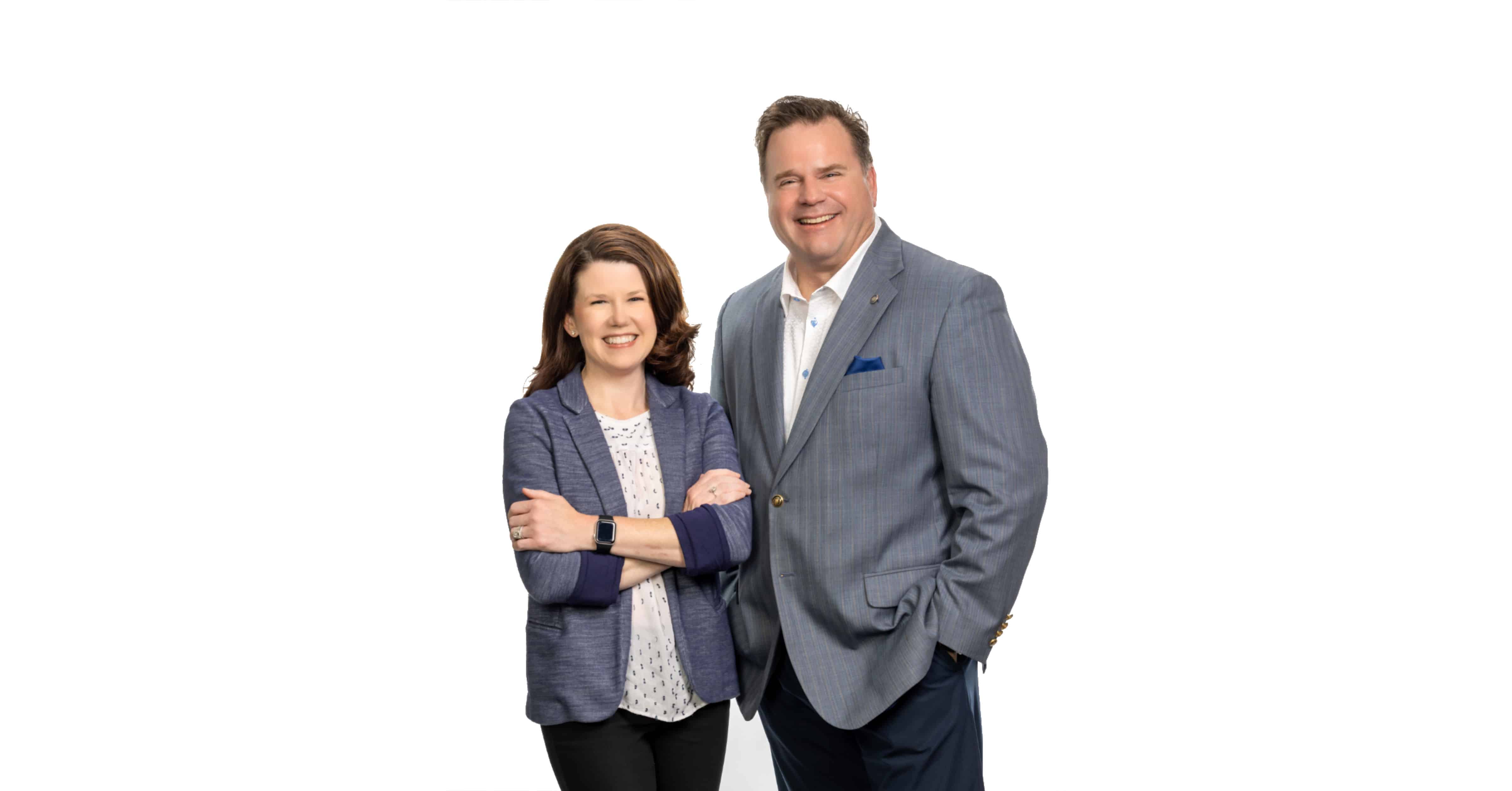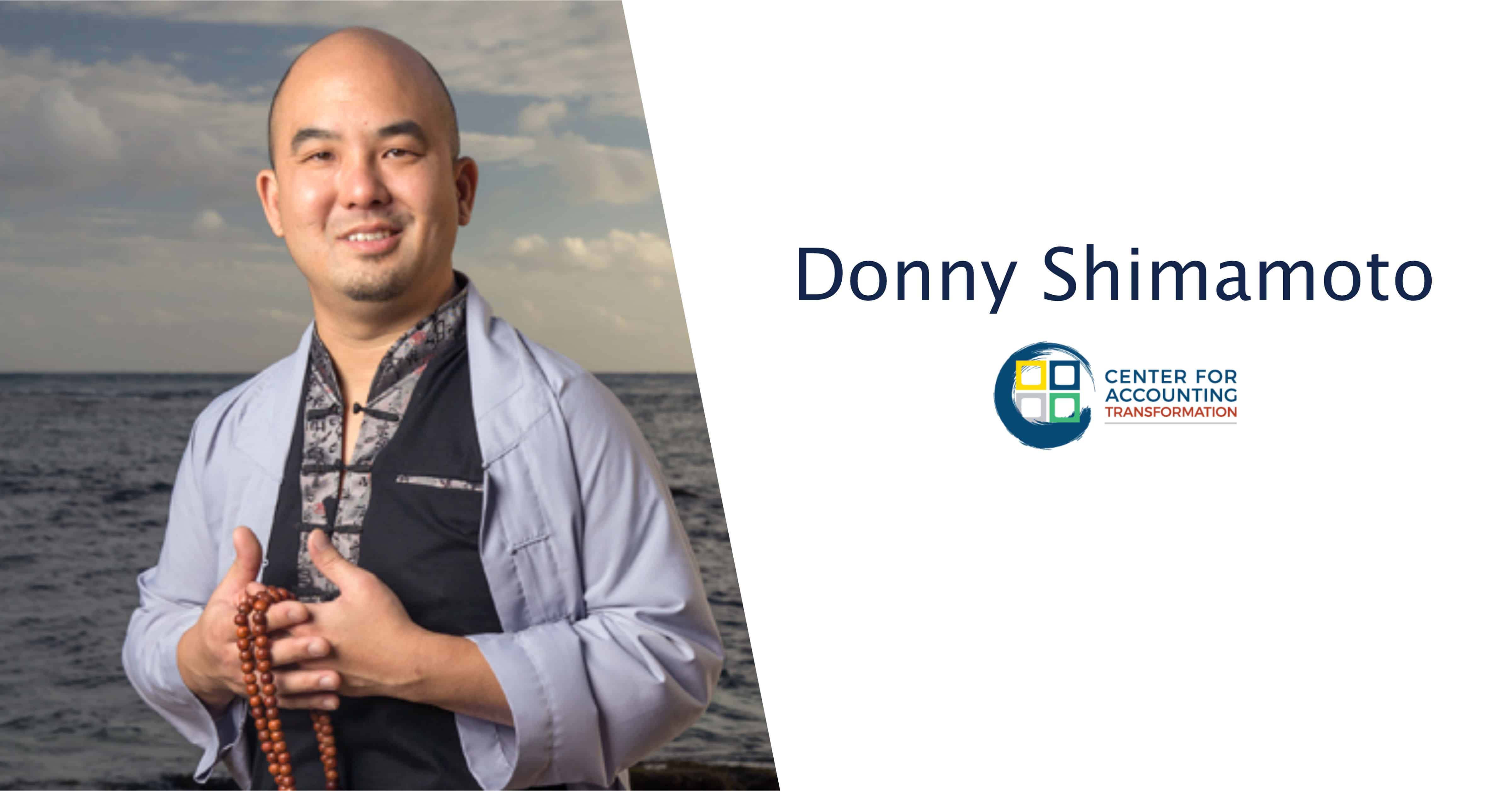For the past year-and-a-half, scientists raced to develop effective COVID-19 vaccines and governments and companies worked to make vaccines available. Today, seven vaccines are approved in 176 countries. More than 2 billion doses have been administered, and about 14 percent of the world’s population has been vaccinated. It’s a remarkable achievement.
While there is a lot of work left to do, the Centers for Disease Control offered new and more lenient guidance for fully-vaccinated people in May, and restrictions across the country are being lifted. The result has been a surge in social activities we used to take for granted. According to the latest Axios-Ipsos Coronavirus Index:
“…Americans’ reemergence is moving full steam ahead. A majority have dined in a restaurant or visited friends and relatives in the past week – and these numbers continue to climb each week…At the same time, Americans are reporting small improvements to their mental and emotional health.”
One unexpected side effect of the pandemic is Americans spent less and saved more than normal. As a result, credit card balances are lower and personal finances have improved.
You know what they say about money burning a hole in your pocket.
Americans are ready to spend some of their savings. While some remain reluctant to venture far from home, others are ready to travel. The 2021 Summer Travel Index showed:
- 63% of survey participants planned to take a trip in the next three months
- 74% planned to travel in the United States
- 13% will travel abroad
- 29% have weekend jaunts planned
- 28% will be traveling for 10 or more days
People who aren’t ready to travel are spending, too. Morning Consult asked Americans what they were excited about doing as the economy reopens and found that 46% were ‘very excited’ to return to a ‘normal’ routine. The list of activities includes eating at a restaurant, socializing, attending parties or weddings, going to the movies, visiting amusement parks or museums, and attending concerts and sporting events.
While having extra money inspires many people to splurge, it’s important to keep a level head. Spending has risen sharply during 2021. According to the Bureau of Economic Analysis, spending increased:
- 20.6% in January
- 14.7% in February
- 27.7% in March
- 14.9% in April
While the idea of ‘revenge spending’ may be appealing, very few household budgets can withstand sustained increases in spending without significant increases in income. So, as you break free from pandemic restrictions, it may help to keep some basic principles in mind:
- Decide which savings habits you’d like to keep. During the pandemic, Americans saved a lot of money. The average household saved about $245 by not going out to eat, $1,400 by not vacationing, and almost $5,700 by not making major purchases, according to the Covid-19 & Finances Survey. Consider whether and how much to continue saving.
- Be aware of how much you are spending. When people have extra money saved, it’s just fine to splurge on something fun, especially after a long stretch of missing out on traditional everyday activities. Decide the amount to spend and then track how much has been spent.
- Eliminate things that are not needed. During the last year, many people prioritized spending differently. Optional expenses, like dry cleaning, house cleaning, commuting, and happy hours, were eliminated. In some cases, the result was an increase in savings. Review your financial priorities to see if they have changed.
Many people experienced financial insecurity during the pandemic lockdown. As a result, emergency savings accounts and other types of saving have become more important. If your financial priorities have shifted, be sure to talk to a CERTIFIED FINANCIAL PLANNER™. Spending less and saving more may help you build wealth and improve financial security.



